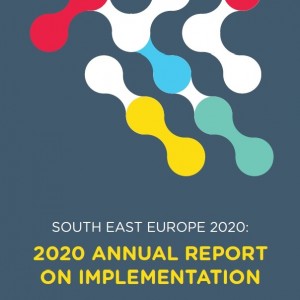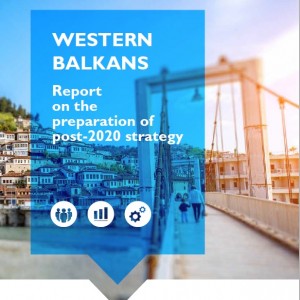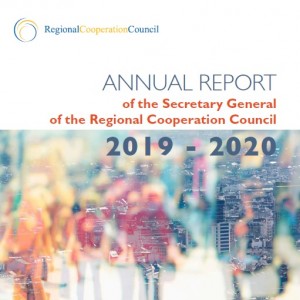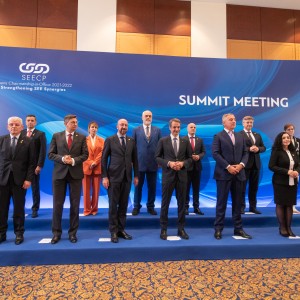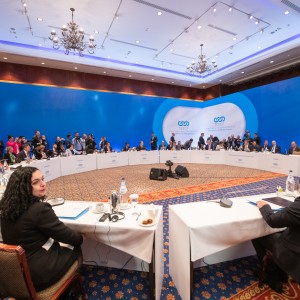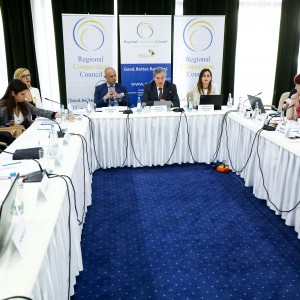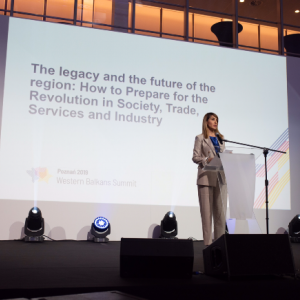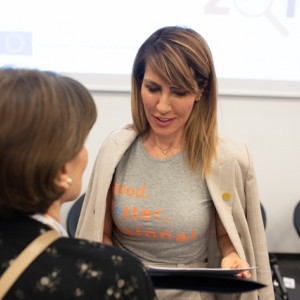The dimension coordinators are regional structures serving as coordinators of respective policy dimensions (Regional Dimension Coordinators – RDCs) of the SEE 2020 Strategy. The function of dimension coordinators, as performed by the respective regional structures, is to help coordinate the implementation of SEE 2020 in a particular sector/policy dimension and to provide a regional platform for policy peer reviews and monitoring of progress in accordance with their specific mandates.
List of regional dimension coordinators:

